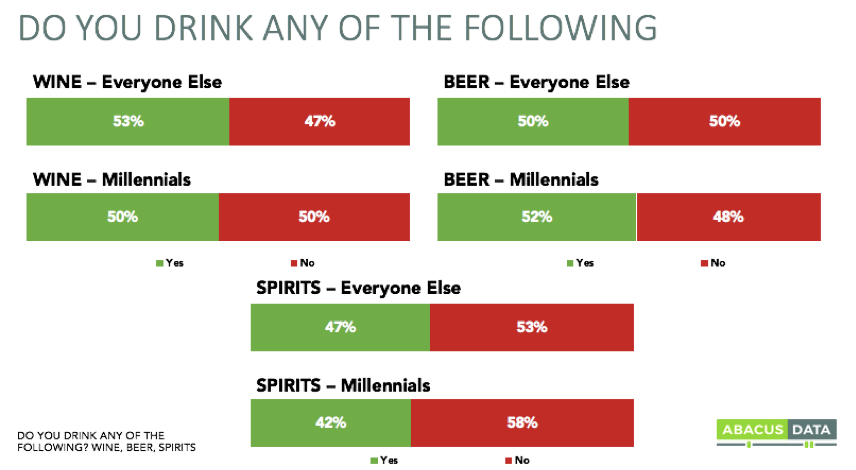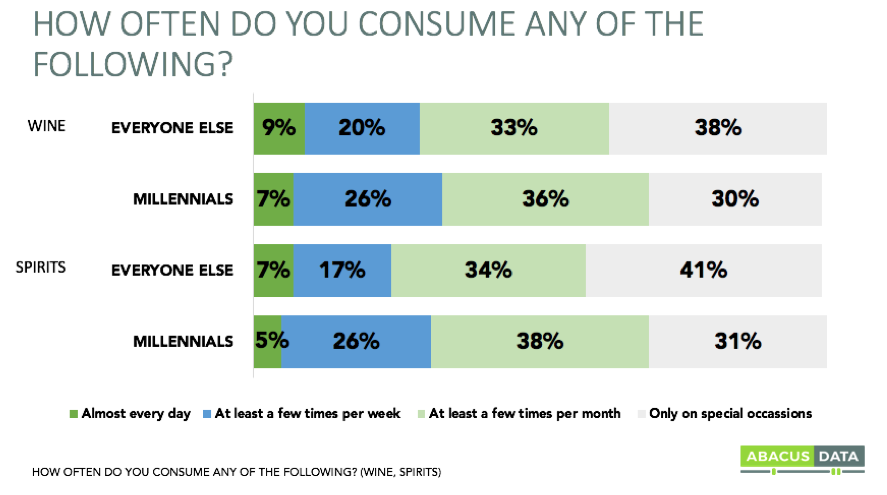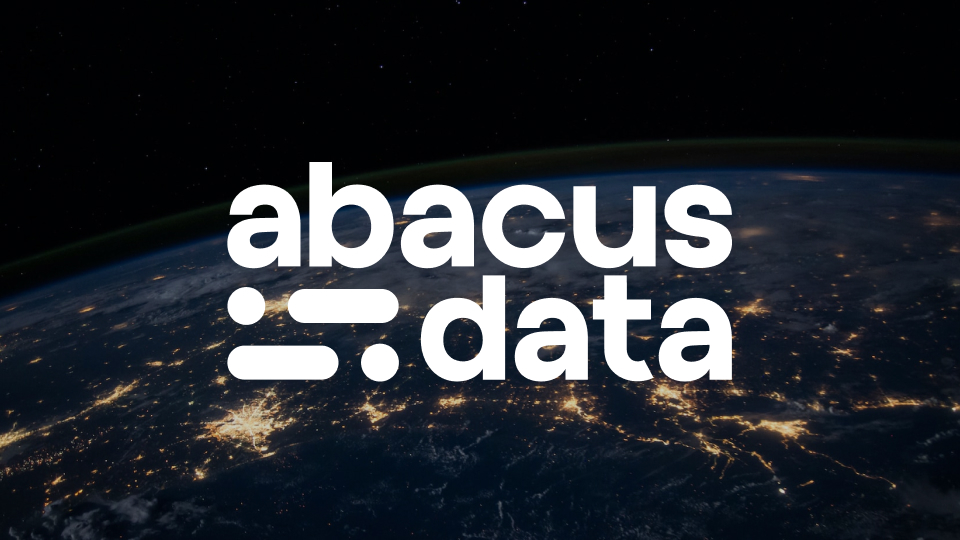Debunking Millennial Myths: Millennials as “The Sober Generation”
July 11, 2019
As I write this, a friend is texting me about how hungover he is after his most recent night on the town. It’s been two days, yet he is still suffering the consequences of his last bender. Could the debilitating headache, nausea, and unplanned day of couch-surfing with greasy carbs be enough to keep this millennial from drinking again? Possibly. His fellow millennials have allegedly begun to quit because of it.
As headline after headline suggests that millennials are becoming teetotalers and causing the downward shift in alcohol consumption numbers, we decided to do a little fact-checking. While findings from the World Health Organization and Beer Canada have shown a slight decline in worldwide alcohol consumption and beer sales respectively, it’s really too early to assign blame to millennials, who have already been accused of killing everything from mayonnaise to golf.
To drink or not to drink? That is the question
Upon polling Canadian and American millennials, we found little difference (2 to 5 points) in their likelihood to drink a variety of alcohol compared to the likelihood of other generations.

When further prompted about the frequency of their drinking habits, millennials demonstrated slightly higher alcohol consumption levels than everyone else. Millennials are more likely to consume alcohol a few times a week than other generations. While largely attributable to their age, their level of consumption is demonstrative of their willingness to consume alcohol regularly.

If millennials drink just as often or more than everyone else, they can’t exactly be held responsible for the decrease the industry is seeing in alcohol sales. We hypothesize that rather than a change in consumption levels, millennials are changing how alcohol is consumed. No longer just looking for the next fun night out, millennials prefer to enhance the social and digital experiences that go alongside alcohol consumption. Their interests in craft brewers and Instagrammable cocktails are making waves in the industry.
To the average millennial, alcohol is still a worthy drink. But it’s place in social settings is changing. Instead of just cracking a cold one open and moving on, young people today are interested in knowing the story behind the beer. Where the beer came from, the packaging, the flavours etc. are all important to the new millennial drinking experience. You need only to look at the staggering increase in the number of Canadian breweries from 2017 to 2018 to notice how preferences have evolved. Millennials are increasingly supporting the local market and smaller breweries in search of those unique experiences. As eye-roll inducing as the word “experience” may be, millennials gravitate towards trends that provide exactly that. Whether it’s smoking alcohol like they did in 2013 or their newfound obsession with rosé, millennials are engaging with alcohol differently. Providing them with shareable moments instead of a wicked hangover makes these millennials more likely to come back for more.
While some still continue to stay comfortable with their go-to brands, many are choosing to step outside of it to try something new. It may be true that some of that newness involves trying wellness inspired drinks that are low-calorie alternatives to alcohol, but millennials haven’t lost the taste for alcohol altogether. The fad known as “sober-curious” appears to be just that, a temporary interest for those wishing to be healthier and hangover-less. A generational shift towards sobriety has yet to happen, and the proportion of those who don’t drink versus those who do remains stable. Millennials aren’t killing the alcohol industry just yet, but the headlines may be.


